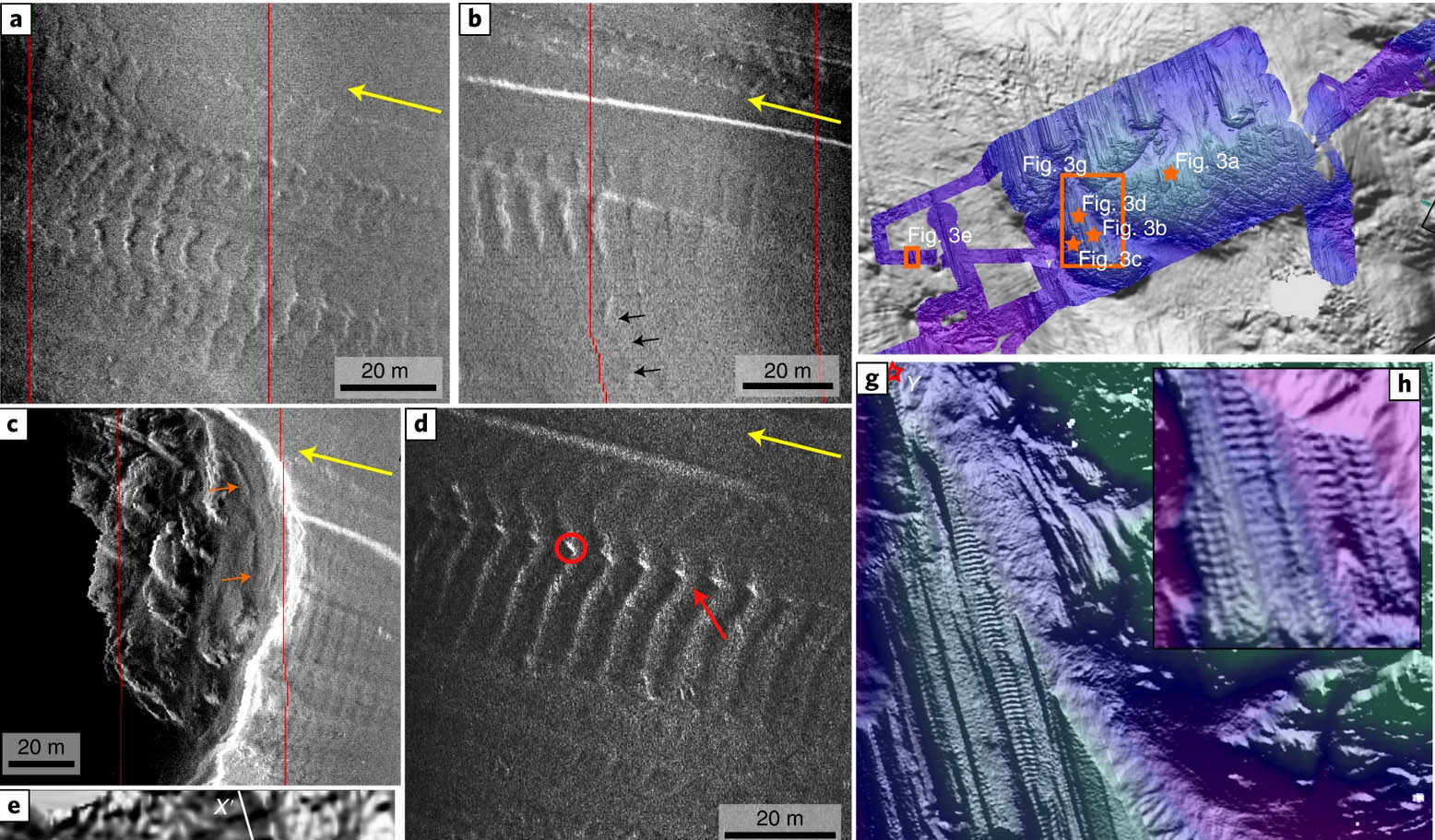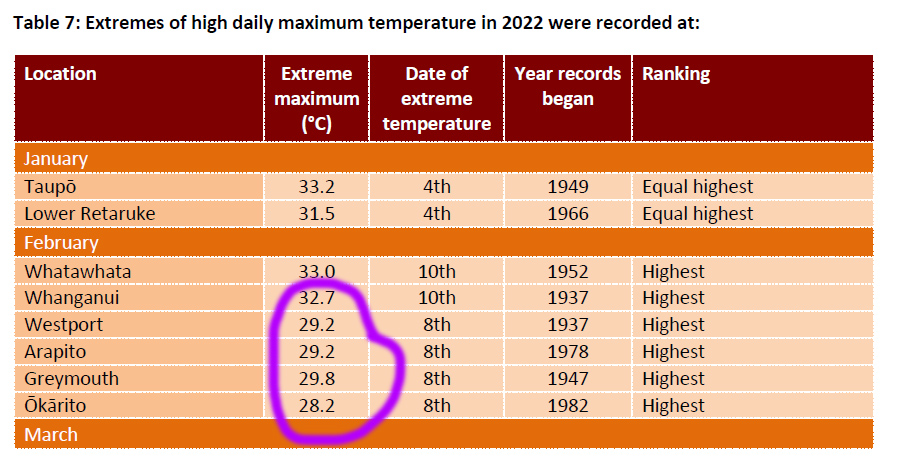The killer of Pukekawa farmers Harvey and Jeannette Crewe tried to murder the couple twice, and only succeeded on the second occasion.
In a dramatic new twist to the 40 year old cold case tonight, two witnesses have come forward to reveal the brake lines on Jeannette’s car were cut “clean through” in early 1969, soon after the first fire at the house that had been ignited using baby Rochelle’s clothes.
It’s the first time this first attempt on the lives of the couple and baby Rochelle – believed to have been a passenger in the car – has ever been made public, and it comes from an elderly Auckland couple.
“My wife was in the [maternity] annex with Jeannette Crewe,” the new witness told TGIF Edition today, “they were in adjoining beds and became good friends.
“Somebody cut the brake lines on Jeannette’s car” he told us, “It was cut clean through, and had to have been done by a professional person.”
“Jeannette complained that the brake line was cut and she’d had to stop the car.”
“She was driving out the drive and the car wouldn’t stop,” remembers his wife. “It wasn’t long after we got home from the annex. She told me she hadn’t been able to get out of the house because the car had to be repaired and it took a couple of weeks. She was definitely quite shaken, I can tell you that.”
The Crewe house driveway opened out onto State Highway 22. Brake failure could have been lethal.
“ The fires and that together, to me they had to have been done by the same people. I’m not sure whether she reported it to police or not,” adds the husband.
In the books, newspaper clippings and police documents released in the Crewe murder inquiry, there appears to be no reference to Jeannette’s brake failure. In fact, there’s no evidence Jeannette reported the brake sabotage to police either, and that in itself raises enormous questions. Was there a reason for her not to involve police?
The couple’s problems appear to have begun with a burglary in 1967, which was attended by police officer Len Johnston – named in the book The Inside Story as being responsible for a 1963 fire at the Otahuhu Police Station that he lit in a bid to incriminate a police colleague.
There’s some evidence the 1967 burglary was an insurance fraud perpetrated by Harvey Crewe in a bid to raise cash to run the farm, and Johnston’s testimony in court indicates he did not believe the burglary was genuine.
The new book alleges Johnston tried to blackmail the wealthy and attractive Jeannette Crewe over the burglary fraud, and that the detective may have been responsible for two subsequent arson attacks – the first in December 1968 while Jeannette was still in the maternity annex, and the second six months later on June 17, 1969, exactly a year to the day before the couple were eventually murdered.
Until tonight, it has never been publicly revealed that the brakes on Jeannette’s car were cut, forcing her to make an emergency stop. This new revelation of an earlier attempt to kill Jeannette is further proof that Pat Booth’s ‘murder-suicide’ theory doesn’t stack up against the evidence.
Equally significantly, the brake sabotage happened months before Jeannette’s mother later changed her will, meaning the killer cannot have been driven by the will but by something else.
TGIF Edition is not making the names of new witnesses in the Crewe murders investigation public, in the expectation that their fresh testimony will be needed for an eventual full Commission of Inquiry.
The couple who’ve come forward should have been the last people to see the Crewes alive – they met up with Jeannette, Harvey and Rochelle at the stock sale the afternoon of the day they died, and Jeannette invited her friends to dinner – “Come and have fish and chips with us”. The witnesses now believe they dodged a bullet.
“We couldn’t do it,” remarks the wife, “and in hindsight we are kind of glad we didn’t. Who knows what might have happened if we had also been there that night.”
If you have new information on the Crewe case you’d like to pass on, email confidential@investigatemagazine.tv
A TV documentary by Bryan Bruce goes to air tomorrow night.
COMMENT: WHY LEN DEMLER CANNOT BE THE KILLER
For four decades, media attention, driven largely by some in the Thomas family and a small group of journalists, including Pat Booth, Chris Birt and Keith Hunter, has fallen into the trap of assuming, “If not Arthur, then it must have been Len…”
This either/or argument is often used by defence lawyers to focus reasonable doubt on their client by the means of refocusing suspicion on someone else – anyone else – who they can plausibly hang the Crown case on. The most recent example of this in New Zealand was seen in the Ewen Macdonald trial for Scott Guy’s murder.
While the “if not, then…” argument can be seductive, it usually blinds its followers to other possibilities.
In the Crewe murders, Jeannette’s father Len Demler made an ideal scapegoat. He wasn’t liked, there’d been a recent death in the family raising issues around the Will, allegedly, and he owned a gun that arguably could have fired the fatal shots.
When I investigated the Crewe murders, I realised that Pat Booth, Keith Hunter and Chris Birt’s theories about Len Demler were nothing more than desperate clutching at straws in my view, possibly because they wanted to “solve” the case.
Demler had no motive. As I showed in my book, he did not stand to lose or gain anything from the Will, and the injuries to his daughter were far too vicious. He was too small to have moved the bodies on his own, and not skilled enough to have cleaned the site so well forensically that police could find no clues at the murder scene.
I raised a possible suspect in The Inside Story (well, two actually), a police officer with a psychopathic personality and a history of arson who had become involved with the Crewe family in 1967. Soon after, arsons began at the property.
To argue that Len Demler was the killer, one does not just have to show there was a dispute over the Will in 197o, one also has to explain a history of burglary, arson and murder attempts over the previous three years. Are we really to believe that a father and grandfather who had dinner each week with the Crewes was spending the other six days each week plotting to kill them? And without anything at all to gain?
Despite a recent rash of books and the continuing efforts by North & South magazine to allow Chris Birt to flog a dead horse, Demler was not the killer of Jeannette and Harvey Crewe. I raised two alternative suspects in my book. I have since had some major information on a third potential suspect forwarded to police reviewing the case. It could be one of those three or someone else again. All I know is that it was not Arthur Allan Thomas, and it was not Len Demler.








